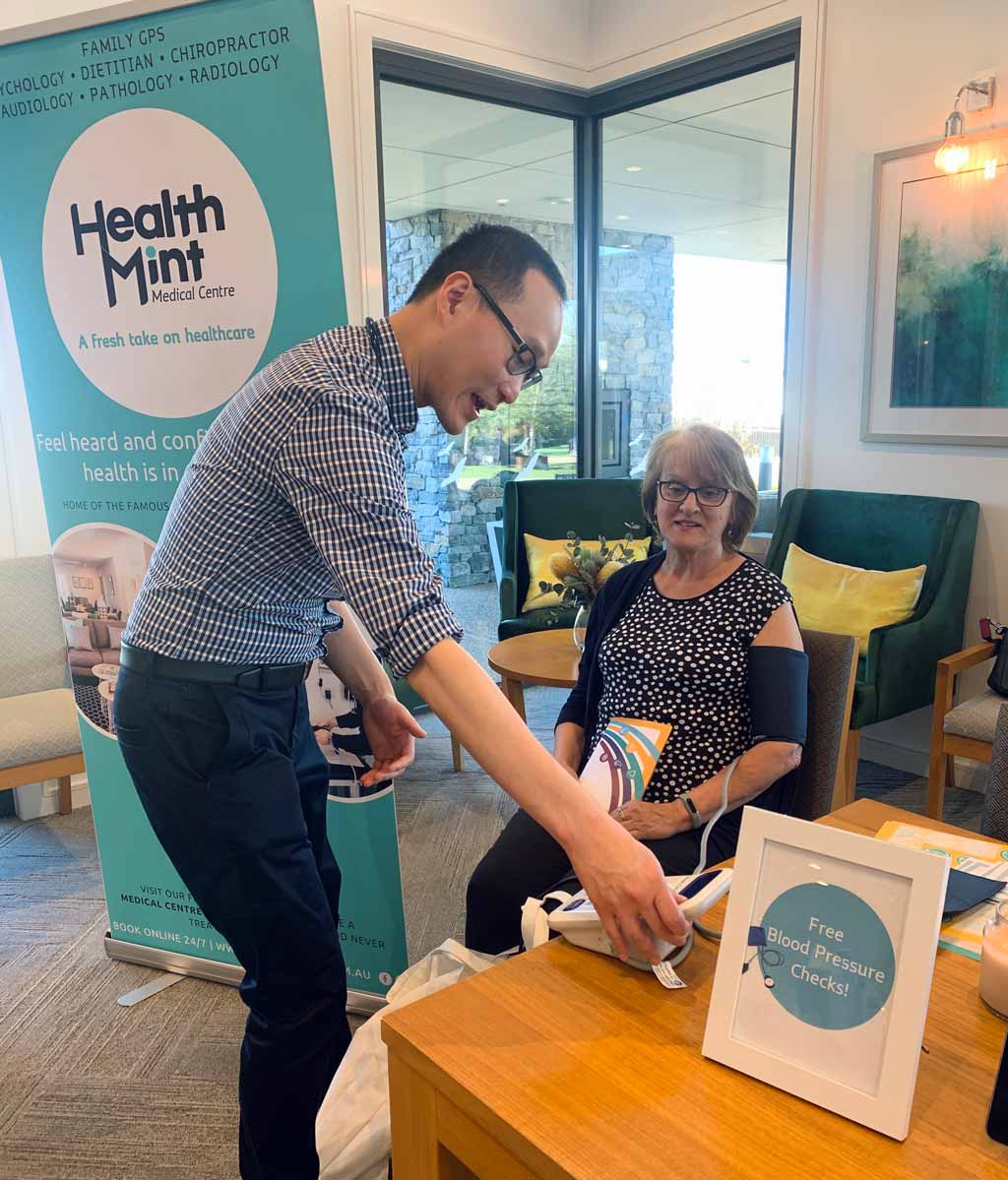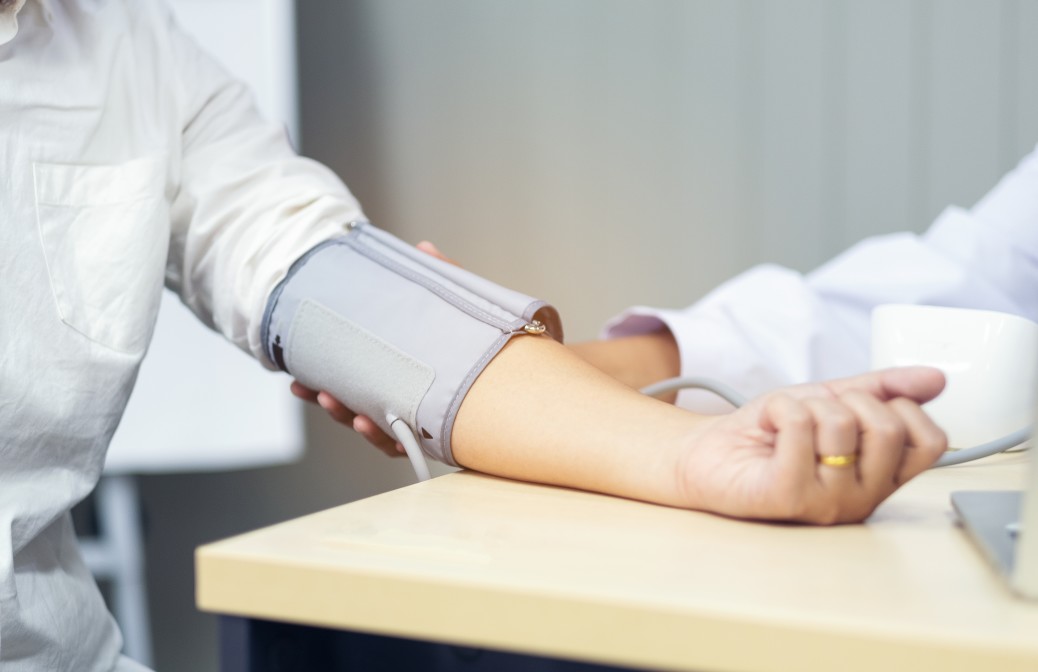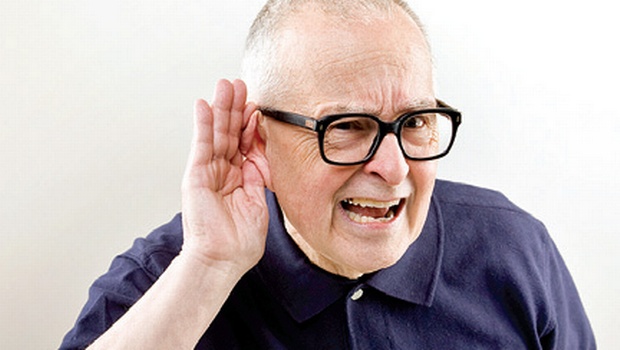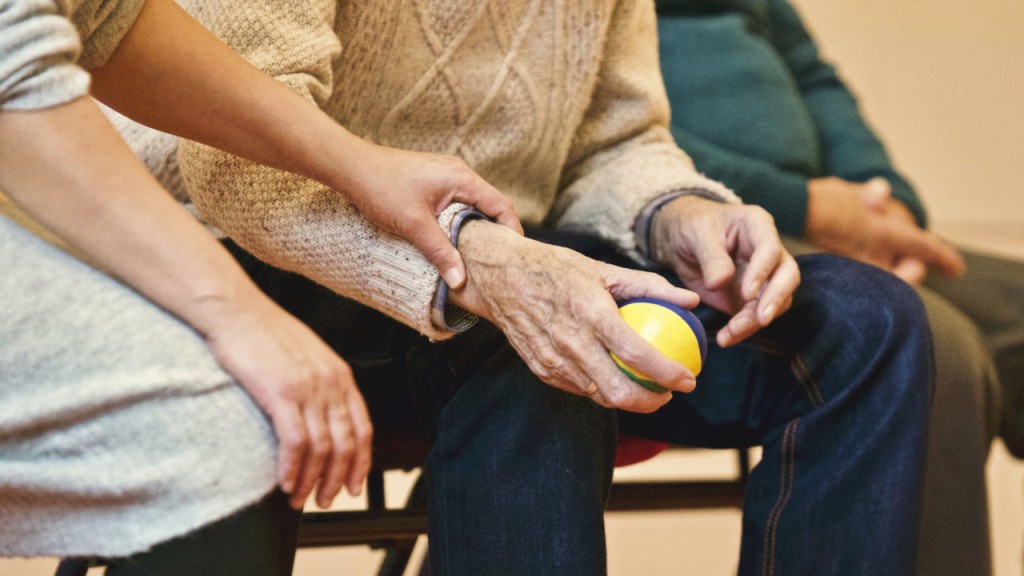
High Blood Pressure – What is it?
Firstly, your blood pressure is the force of your blood moving against the walls of your arteries. It is expressed as two numbers.
High blood pressure (HBP) is also known as hypertension. It means that the pressure in your arteries is high then what is in a normal range.
Your blood pressure should be below 120/80.
It is the leading and most important risk factor for stroke.
As your age increases, so does your chances of having a persistently high blood pressure.
Over time, elevated and high blood pressure can also weaken your heart, blood vessels and kidneys, and makes a stroke or heart attack more likely.
When should I have my BP checked?
It is easiest to get your blood pressure checked at every visit to your GP.
If you already have high blood pressure, every 3 months is recommenced, and every 4-8 weeks if your current medication is being changed.
What are the symptoms of high blood pressure?
It is very important to get your blood pressure checked as there are no symptoms that can directly be felt to indicate you have high blood pressure.
While high blood pressure has no exact cause, it may develop due to the following reasons: A family history, your exercise and physical activity levels, weight, food and alcohol intake.
What is the treatment for high blood pressure?
An appointment with your GP is the best way to figure out treatment for high BP.
Medication is the most common form of treatment, and while they can not cure high blood pressure, medication can certainly control it. Once you start taking medication for high BP, it is likely you will have to keep taking it for the rest of your life.
Other things like positive lifestyle changes can also help control your blood pressure. Making healthier choices and increasing your activity levels are some of the options your GP may discuss with you.
 What are the benefits of managing my BP?
What are the benefits of managing my BP?
Managing your blood pressure can help decrease the risk of stroke, kidney disease, heart disease, nerve damage.
It is very important to get it checked regularly. Any of the independent GPs who consult at HealthMint can do this for you when you book an appointment at the clinic.
If you have any concerns about your BP, it is best to seek medical advice.
Check out an infographic from HBPRCA here.
Want more information?
Call (03) 5611 3365 to speak to a friendly patient concierge
or book an appointment here

 What are the benefits of managing my BP?
What are the benefits of managing my BP?


 Continence issues are not a popular topic, but if there is no serious discussion, people who suffer in this area often feel alone and helpless. The theme of this year’s Continence Week is “No laughing matter” – focusing on people’s tendency to laugh off continence issues as a joke, or to treat it as an inevitable part of ageing or childbirth. The truth is, continence is a specialist health issue with a range of treatments and management strategies. Let’s look at bladder and bowel control issues, and why we should be discussing them.
Continence issues are not a popular topic, but if there is no serious discussion, people who suffer in this area often feel alone and helpless. The theme of this year’s Continence Week is “No laughing matter” – focusing on people’s tendency to laugh off continence issues as a joke, or to treat it as an inevitable part of ageing or childbirth. The truth is, continence is a specialist health issue with a range of treatments and management strategies. Let’s look at bladder and bowel control issues, and why we should be discussing them.